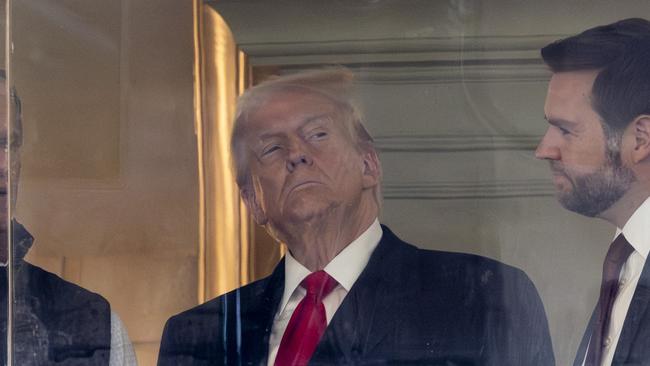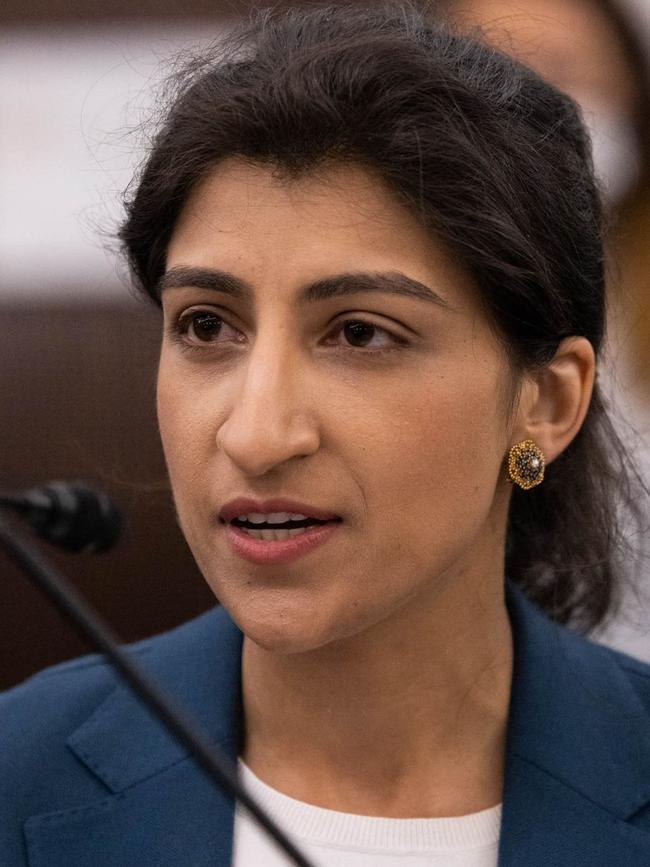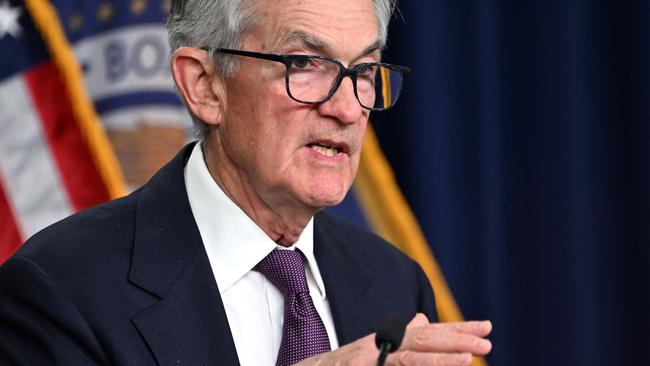Will Trump’s return see a surge in US dealmaking?
With a new American antitrust boss and a new — again — President, Wall St is cautiously optimistic for a jump in deal volumes.

Wall Street is optimistic that a buoyant stock market, declining interest rates and Donald Trump’s lighter-regulation agenda will prompt a dealmaking rebound in 2025. But jitters remain thanks to the president-elect’s unpredictability.
Deal volume has been muted for the past few years following record volumes coming out of the pandemic. While total global deal volume is up roughly 12 per cent in 2024 through December 26 compared with the same period in 2023, the number of transactions is lower and volume remains well below the 2021 high, according to Dealogic data.
Dealmakers were encouraged when Trump in December picked Andrew Ferguson, the Republican Federal Trade Commission member, to succeed FTC Chair Lina Khan. Ferguson and Republicans are expected to dismantle Khan’s guidelines that gave the agency new legal powers to try to block deals.

Still, Jay Novak, global co-head of corporate finance at the investment bank Houlihan Lokey, said it remains to be seen exactly where the new Trump’s administration’s antitrust policy will land.
“Sentiment is certainly more positive. People don’t really know the answer, but they’re more positive about the direction,” he said.
The year featured a handful of blockbuster tie-ups, including Capital One’s $US35bn agreement to buy Discover Financial Services and Mars’s roughly $US30bn deal for the maker of Cheez-It, Kellanova. But the pace of sizeable deals, especially in typically busy sectors such as technology and healthcare, has been noticeably slower.
Both Ferguson and Trump’s administration are expected to keep the pressure on large technology companies. That could include such giants as Apple and Meta Platforms, which have shied away from deals while under increased regulatory scrutiny.
Declining interest rates and frothy markets should help bring corporate CEOs and private-equity firms, which drive a large portion of merger activity, back to the table. Lower rates make it more affordable to finance deals with debt while rising stock prices embolden corporate chiefs to use their shares as currency to fund deals.
“Financing markets are way open such that you can do jumbo deals again,” said Dominic Lester, Jefferies’s head of investment banking for Europe, the Middle East and Africa.
In mid-December, the Federal Reserve reduced interest rates for the third time in 2024, while signalling another two cuts in the year ahead. If the Fed moves fall short of investor expectations, it could trigger stockmarket volatility. That risks weighing on M&A by making it harder for buyers and sellers to agree on price.
The S&P 500 index has gained roughly 25 per cent so far in 2024.
The $US13bn deal between the advertising giants Omnicom Group and Interpublic Group IPG headlined a flurry of announcements since the election, which some interpreted as a sign that activity is already heating up. Omnicom took advantage of the elevated level of its share price to fund its deal with only stock.
Dialogue with companies globally on possible big deals is up meaningfully, suggesting potential growth of 10 per cent to 15 per cent in activity in 2025, said Mark Sorrell, co-head of global M&A at Goldman Sachs.
Meanwhile, pressure has continued to rise on private equity firms to sell long-held assets and reinvest newly raised funds to generate returns for impatient investors.
“If private equity could afford to wait to sell assets, they did,” said Mahvesh Qureshi, a corporate finance partner at law firm Hogan Lovells. “Those dynamics have shifted.”
Still, dealmakers are still trying to parse Trump’s likely moves. He has pledged to impose 25 per cent tariffs on products coming into the US from Mexico and Canada. He has also threatened to impose an additional 10 per cent levy on products from China.
But Trump’s pick for Treasury secretary, Scott Bessent, has suggested that tariffs are a negotiating tool. Before he was selected, Bessent told investors that the “tariff gun will always be loaded and on the table but rarely discharged.”

If steep tariffs do come to fruition, they could encourage foreign companies to acquire businesses in the US as a way of circumventing the levies. They could just as well force American importers to pass on the added costs to consumers, making it harder for the Fed to lower rates, some bankers caution.
The levies could also dent companies’ bottom lines by raising costs, making deals less attractive and stymieing demand. Despite the uncertainty, bankers report a mounting backlog of deals that could happen under the right conditions.
The Wall Street Journal





To join the conversation, please log in. Don't have an account? Register
Join the conversation, you are commenting as Logout